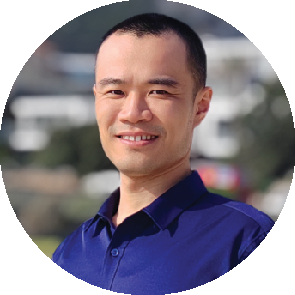Qian Di reflects on his experiences as a Chinese doctoral student at Harvard during the first Trump administration, particularly in the context of public health research. He recalls the shock among his peers following Trump’s election in 2016, while he remained focused on his research on PM2.5 air pollution and its associated health risks. Despite publishing significant findings, he faced backlash, including accusations of scientific misconduct.
The political climate during this time fostered skepticism towards public health research, exemplified by the dismantling of environmental regulations and withdrawal from the Paris Agreement. Encouraged by his advisor, Qian recognized that academia is intertwined with politics and began to realize the importance of his work.
After returning to China, he still felt the effects of anti-science policies, including collaboration challenges due to nationality concerns. This highlighted the interconnected nature of the global scientific community.
Despite initial doubts about his work’s impact on policy, Qian’s studies eventually contributed to revised PM2.5 air quality standards in 2024, underscoring that while political landscapes may shift, the pursuit of scientific truth endures. He draws lessons from his journey, emphasizing resilience in the face of anti-science sentiments and the enduring power of rigorous scientific investigation.



